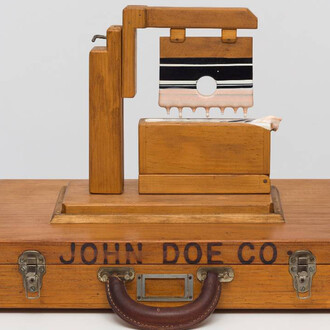With works by Basel Abbas and Ruanne Abou-Rahme, Sammy Baloji, Lothar Baumgarten, Teresa Burga, Maria Eichhorn, Dani Gal, General Idea, Kiluanji Kia Henda, Eva Kot’átková, Susan Hiller, Zahra Malkani, Teresa Margolles, Senga Nengudi, Uriel Orlow, Elodie Pong, Ed Ruscha and Munem Wasif
Knowledge is like a garden: if it’s not cultivated, it cannot be harvested. Taking this West African proverb as its starting point, Knowledge is a garden asks what possibilities arise if we understand knowledge that is supposedly fixed as something organic and growing.
In the exhibition Uriel Orlow explores what a garden of knowledge can be and what its cultivation and growth signify. In line with his interests the artist sets up a dialogue between his own works and those of the museum collection, which for their part raise questions around the production or suppression of knowledge. This selection is expanded by loans from Basel Abbas and Ruanne Abou-Rahme, Sammy Baloji, Zahra Malkani and Munem Wasif – artists who engage with suppressed history and traditional knowledge in their artistic practice.
Knowledge is a garden is an artistic engagement with the repression of knowledge, the unjust appropriation of knowledge, and ultimately with multiple forms of knowledge production. Knowledge does not consist of neutral facts and information, and is never all-encompassing. Rather, it is always situated, historical, and, above all, contested and vulnerable. The question of who gets to speak and whose voice is silenced is as urgent as ever – and marked by global inequality.
Three loose thematic threads run through the exhibition: the entanglement of knowledge and language, and the loss of both; the extraction of knowledge and exploitation of raw materials in the Global South by countries of the Global North; and the wilful suppression of knowledge as well as consciously looking away.
By extension, the exhibition encourages visitors to consider their own knowledge as a garden that must be cultivated.
(Curated by Uriel Orlow with Nadia Schneider Willen. Curatorial assistant: Louisa Behr)









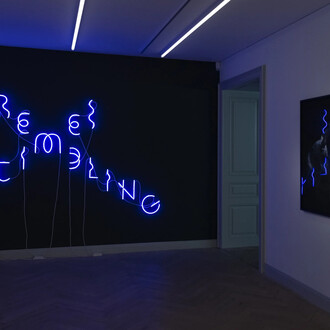

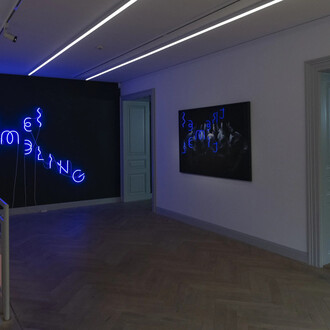
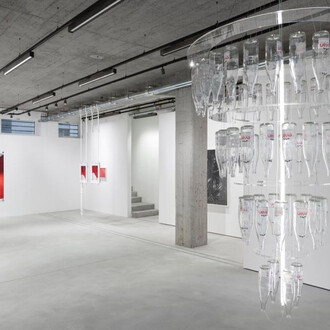
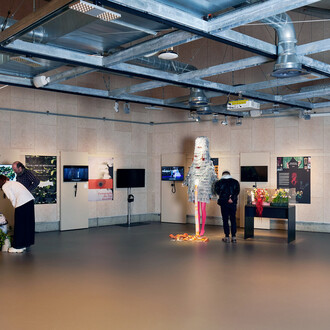
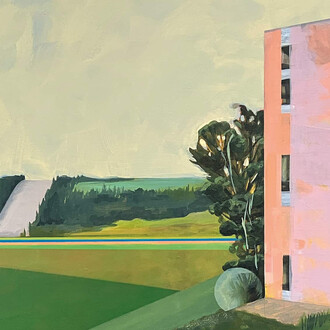
![Karel Appel, Le coq furieux [The furious rooster] (detail), 1952. Courtesy of Kunstmuseum Bern](http://media.meer.com/attachments/de322f88933729d2014dc4e021d4a6694046a744/store/fill/330/330/c26a6c5ef5e2ed397d4a2e9bc00ac739c40ba8384f45f9ce1ed85adba600/Karel-Appel-Le-coq-furieux-The-furious-rooster-detail-1952-Courtesy-of-Kunstmuseum-Bern.jpg)
